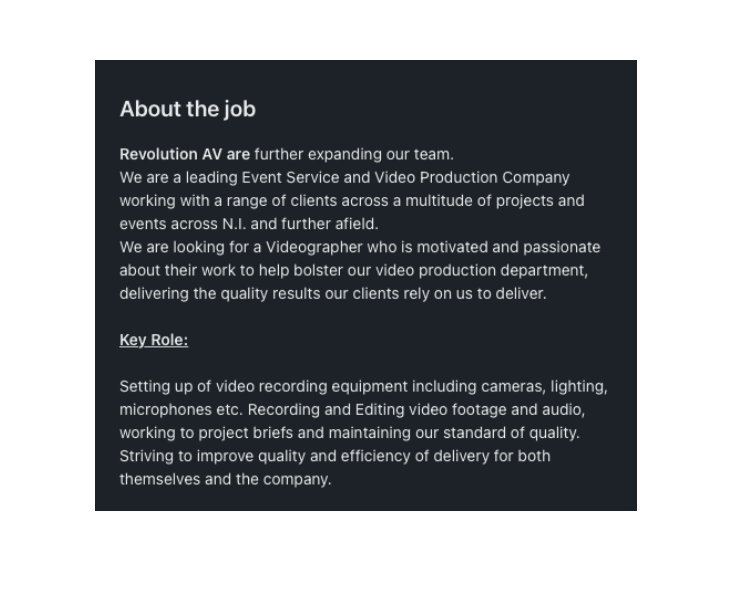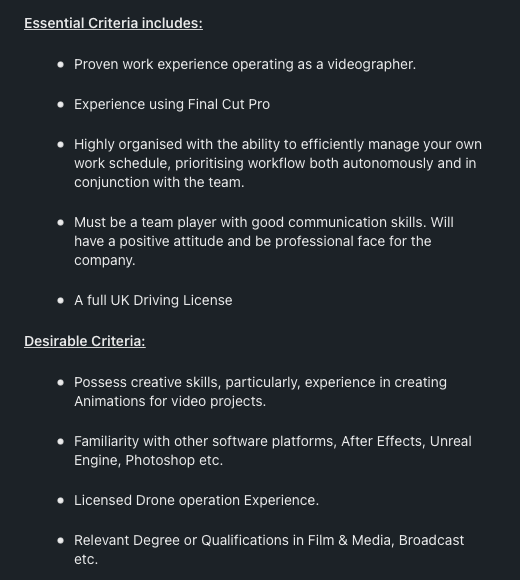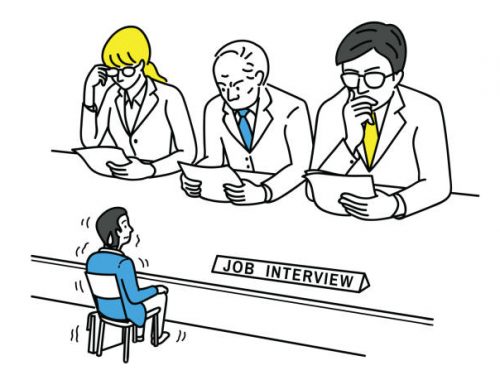Interviews – A Blessing or a Curse?

Interviews. An essential aspect of personal and career growth. So how come no-one likes them? Looking at the bare-boned structure of them, what actually is an interview? It is a conversation. It is a question and answering session. It is an interrogation. It starts off easy enough, with a “Hi, how are you today?” And, “So, tell us a little bit about yourself.” But this is where they catch you out. If you don’t answer these correctly (and yes, there is a correct way to answer them) then it’s game over before you’ve even begun.
If no-one likes interviews then why do employers even conduct them? From the interviewer’s perspective, they need to know if you can do the job successfully, as well as fit in with the existing company and other employees. They are essential to test your knowledge, skills, motivations, interests, values and personal qualities. From the interviewee’s perspective, they are an opportunity to set yourself apart from the other potential candidates, to show how you are better than them and why you would be more suited for this job than anyone else.
“If you get to the interview stage you have already impressed the employer on paper.”
Figure 2
For something so essential to the working world, it seems only necessary that we are expected to know from an early age how to conduct ourselves in an interview. So that is why as part of our Work Based Learning module in university we have had to take part in simulated interviews, acting as both the interviewer and the interviewee. To reflect on this experience, I will be using Borton’s Model of Reflection which will allow me to focus on areas of improvement, as well as how I plan to improve on them.

What?
The goal of these simulated interviews was to mainly allow us to receive feedback from our peers so that we can improve our interview skills for the future, as well as to gain an idea of what interviews will be like in our chosen career paths. I began the process of job hunting like anyone would in the modern day: by Googling “Film jobs”. This brought up many results, however none of these were too appealing to me as they were quite broad or in an area I wasn’t very interested in. I narrowed down the search results to the areas I was most interested in, which were cinematography and editing. Naturally a lot of videographer jobs came up as they incorporate the two of those aspects, and so I found a job with Revolution AV which was perfect for me. I then shared the job criteria with my group and proceeded to prepare for the interviews.


The preparation process was mainly me running over bullet points in my head, and as I was quite confident that I would be able to hit all of the essential criteria, this was easy enough to do. I prepared answers for each criteria point and tried to relate it to a past experience that I had to showcase my experience and skills to the best of my ability. The run up to the interviews was very nerve-wracking, even if they were just simulated ones. Anyone who doesn’t feel nervous before an interview has to be crazy, or simply too confident in themselves (which isn’t always a good thing). I feel this emotional response is necessary as people are afraid of making themselves look silly, or being unprepared for the questions. I combatted the fear of being unprepared by preparing as best as I could. This significantly cut down on my nerves as I knew I was ready!
So What?
My interview was the last one in my group, so I was able to mentally prepare myself further while interviewing them. In the anonymous feedback which we provided after each interview, I was also able to reflect on my experience. My group members said the following about me:
- Great self introduction- detailed and relevant.
- Confident and convincing when it came to explain her range of skills and vast expertise in her filmmaking which showed how confident she is in experience, and that she had prepared for this.
- She spoke very clearly and in a steady pace.
- Good eye contact, spoke well and very personable making jokes that fit the job role and interviewers to break the ice.
- Maybe some more moments where you discuss difficulties you’ve learned from.
- Focus on relaying experience and versatility concerning job roles.
- Could have provided more detailed examples of specific pieces of work to show technical ability more clearly.
- One aspect that could be improved is the eye contact. Similarly, some answers became slightly long winded so conciseness needs to be improved.
I am extremely happy with this feedback, as most of the points of improvement were things I had noticed myself, such as improving eye contact and being more concise in my answers.
Now What?
Based on the feedback I received, I know what I need to work on for future interviews: improving eye contact and creating answers which are more concise and to the point. This will allow the interviewers to ask me to elaborate on certain points if they need more information. I could also create a small portfolio to showcase some of my work and technical abilities, a very important aspect which most employers in the film industry will be looking for.
These simulated interviews, as nerve-racking as they may seem, were actually a blessing in disguise. They have allowed me to showcase my strengths as well as highlight areas of improvement. It has also boosted my self confidence and shown that if I prepare well enough, I will be able to achieve great things.
Bibliography
Figure 1: ‘Interview Panel Illustration’. 2019. Accessed 16/02/2022. https://www.careeraddict.com/panel-interview-tips
Figure 2: Week 1: Interview Skills Lecture Slides: AEL3001: Work-based Learning (2211_FYR), https://canvas.qub.ac.uk/courses/15226/pages/interview-skills-lecture-slides?module_item_id=727194
Figure 3: Terry Borton. Reach, Touch and Teach. New York, McGraw-Hill Paperbacks, 1970.
Figure 4: Jodie Vance, Revolution AV Job Description. Pages.
You May Also Like

When the BBC thinks you live in the Atlantic – My Simulated Interview
17 February 2022
Simulated Interrogation
18 February 2022
